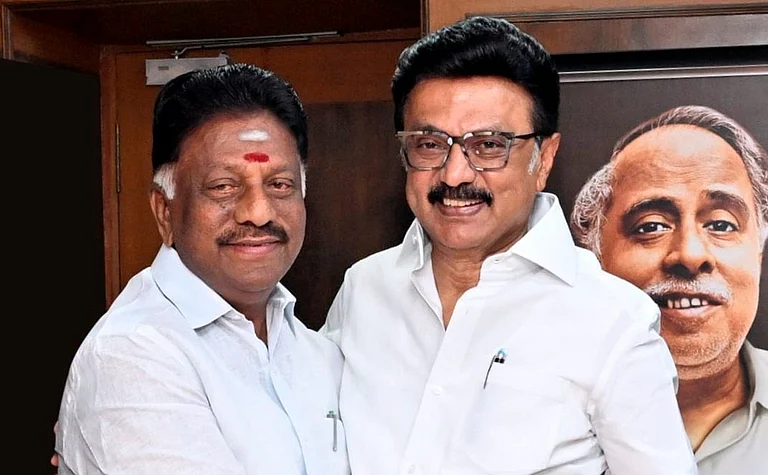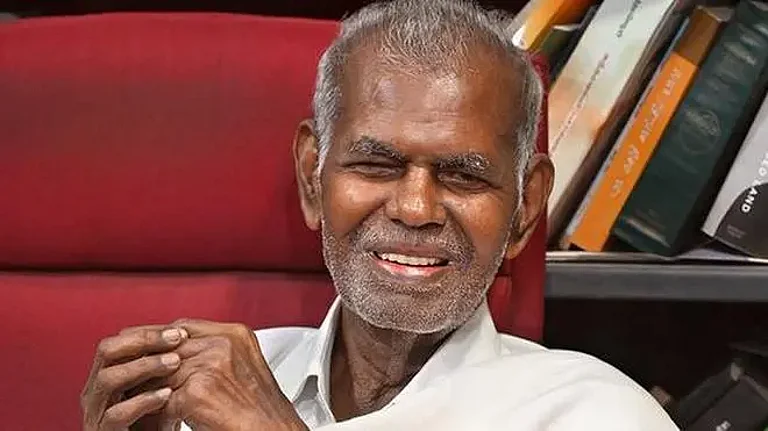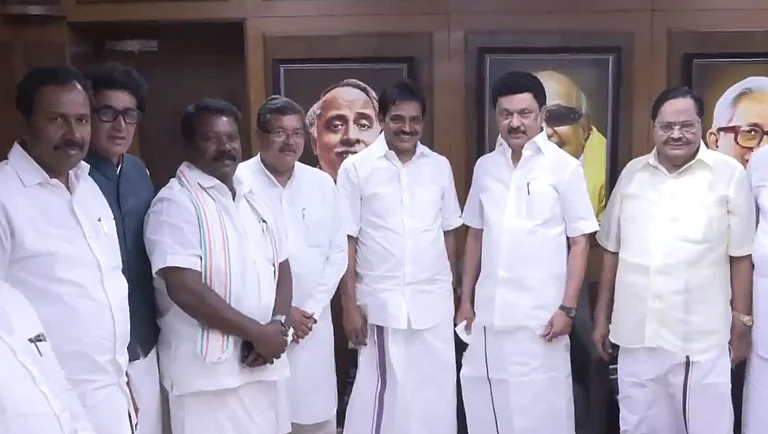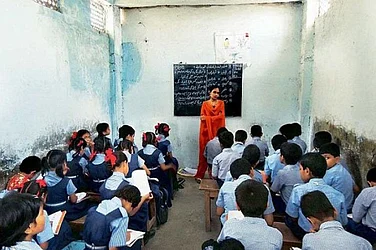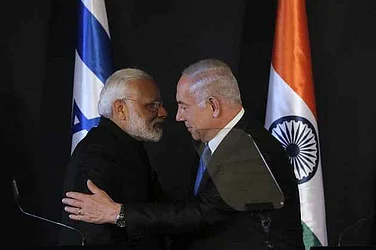The Supreme Court called the absence of five district collectors of Tamil Nadu before the Enforcement Directorate as a 'cavalier approach' regarding an ongoing money laundering investigation linked to alleged illegal sand mining, despite the court's directive.
It ordered the officials to personally appear before the ED on April 25, warning of serious consequences for non-compliance.
The officials were criticized by Justices Bela M Trivedi and Pankaj Mithal for their 'cavalier attitude', and further they said the action indicated a lack of regard for the court, the law, and the Constitution.
"In our opinion, such a cavalier approach will land them in a difficult situation. When the court had passed the order directing them to appear in response to the summons issued by the ED, they were expected to obey the same order and remain present before the ED.
"This shows that the officers don't have either respect for the court or the law, much less the Constitution of India. Such an approach is strongly deprecated," the bench said.
The court stated that the officials were expected to have presented themselves before the investigative agency and provided an explanation for their actions.
The court also mentioned that the officials are being granted one final chance to appear before the Enforcement Directorate (ED) in relation to the investigation into money laundering.
Senior advocates Kapil Sibal and Amit Anand Tiwari, appearing for the Tamil Nadu government, said the officials were busy in maintaining public order and implementation of the social security scheme.
They said the Lok Sabha elections are scheduled in Tamil Nadu for April 19 and the officials have been looking after the poll-related works.
Sibal said a review application has been filed against the February 27 order of the apex court by which the court had asked the officials to appear before the probe agency.
"What is the point of sending the officials before the probe agency, when they have said that they do not have the requisite data sought by the ED," the senior lawyer said, adding that even authorised agents of the officer can be sent.
He added that ED has not specified whether the officials are being summoned as witnesses or an accused.
The bench asked Sibal to read section 50 of the Prevention of Money Laundering Act (PMLA) and said, "ED can summon anybody as it says 'any person'."
Section 50(2) of the PMLA says "The Director, Additional Director, Joint Director, Deputy Director or Assistant Director shall have power to summon any person whose attendance he considers necessary whether to give evidence or to produce any records during the course of any investigation or proceeding under this Act.”
Justice Trivedi said, "You were given sufficient time to appear. The order (February 27) was passed a month back. But, they chose not to appear."
On February 27, the top court directed the five district collectors to appear before the ED in connection with an ongoing money laundering probe.
The Madras High Court, on November 28, last year, stayed the summons issued by the central probe agency seeking the presence of district collectors of Vellore, Tiruchirappalli, Karur, Thanjavur and Ariyalur in connection with its ongoing probe. The ED moved the top court against the high court order, saying the non-cooperation would hamper its probe.
The top court had stayed the high court order granting relief to the district collectors and said the plea of Tamil Nadu and its officials was "strange and unusual" and may lead to stalling the investigation of ED in money laundering aspect in connection with the FIRs.







